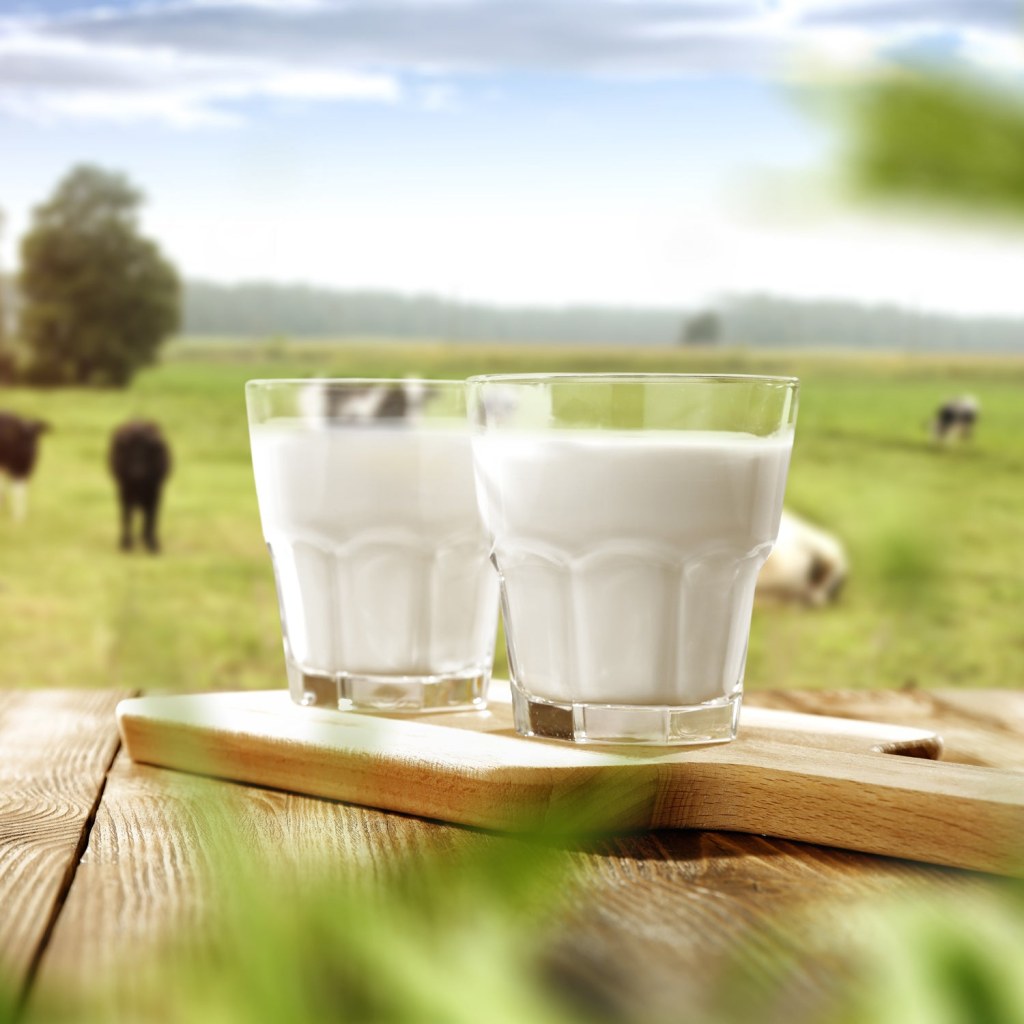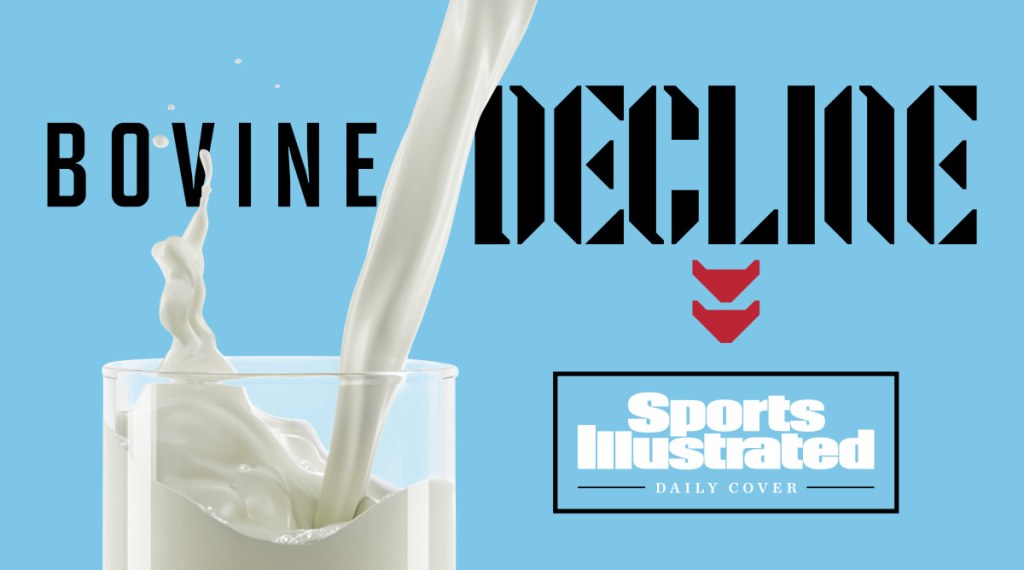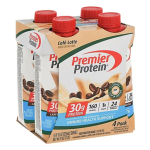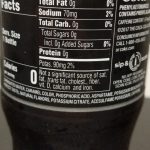Unleashing Athletic Performance: Discover The Optimal Daily Milk Intake For Athletes
How Much Milk Should Athletes Drink a Day?
Introduction
Hello Readers,
3 Picture Gallery: Unleashing Athletic Performance: Discover The Optimal Daily Milk Intake For Athletes



Welcome to our article on the topic How Much Milk Should Athletes Drink a Day? As athletes, we all know that maintaining a balanced diet is crucial for our performance. Milk has been a popular choice among athletes due to its nutritional value and potential benefits. In this article, we will explore the recommended daily intake of milk for athletes and the reasons behind it. So, let’s dive in!
What is the Recommended Daily Intake of Milk?
🥛 The recommended daily intake of milk for athletes varies depending on several factors such as age, weight, and training intensity. However, a general guideline suggests that athletes should consume 2 to 3 cups of milk per day. This recommendation is based on the nutritional needs of athletes to support their training, recovery, and overall health.
🥛 Milk provides essential nutrients such as protein, calcium, vitamin D, and electrolytes, which are beneficial for athletes. These nutrients help in muscle repair and growth, bone health, hydration, and overall performance.

Image Source: builtforathletes.com
🥛 It is important to note that the recommended daily intake may vary for individual athletes based on their specific goals and requirements. It is best to consult a nutritionist or dietitian to determine the ideal milk intake for your specific needs.
Who Should Drink Milk?
🥛 Milk is not limited to a specific group of athletes. It is beneficial for athletes of all ages and sports disciplines. Whether you are a professional athlete, a weekend warrior, or a young athlete in training, milk can be a valuable addition to your diet.
🥛 Athletes involved in high-intensity and endurance sports, such as running, cycling, and swimming, can especially benefit from milk’s nutritional content. The protein and carbohydrates in milk help replenish glycogen stores and aid in muscle recovery after intense workouts.
🥛 Additionally, younger athletes who are still growing and developing can benefit from the calcium and vitamin D in milk, which are essential for bone health and strength.
When is the Best Time to Drink Milk?
🥛 The timing of milk consumption can play a role in maximizing its benefits for athletes. Consuming milk within 30 minutes after exercise can help kickstart the recovery process by providing essential nutrients to the muscles.

Image Source: www.si.com
🥛 Milk can also be consumed as part of a pre-workout or pre-competition meal/snack. Its combination of protein and carbohydrates can provide sustained energy and aid in performance during prolonged physical activity.
🥛 Apart from post-workout and pre-workout, milk can be included in meals and snacks throughout the day to ensure a consistent intake of nutrients.
Where Can Athletes Get Milk?
🥛 Milk is widely available in grocery stores, supermarkets, and local dairy farms. There are various types of milk available, including cow’s milk, goat’s milk, and plant-based alternatives such as almond milk, soy milk, and oat milk.
🥛 When choosing milk, it is important to opt for low-fat or fat-free options to keep the calorie and fat content in check. Additionally, athletes with lactose intolerance or milk allergies can explore alternative milk options to meet their nutritional needs.
Why Should Athletes Drink Milk?
🥛 Milk offers numerous benefits for athletes:

Image Source: www.si.com
1️⃣ Protein: Milk is an excellent source of high-quality protein, which aids in muscle repair and growth. It provides all the essential amino acids required by the body.
2️⃣ Calcium and Vitamin D: Milk is rich in calcium, which is essential for bone health and strength. Vitamin D enhances calcium absorption and supports overall bone health.
3️⃣ Electrolytes: Milk contains electrolytes such as potassium and magnesium, which play a crucial role in maintaining proper hydration and muscle function.
4️⃣ Hydration: Milk is a hydrating beverage and can replenish fluids lost during exercise. Its electrolyte content helps restore the body’s fluid balance.
5️⃣ Nutrient Balance: Milk is a natural source of carbohydrates, proteins, and fats, providing a well-rounded nutritional profile for athletes.
How Can Athletes Incorporate Milk into Their Diet?
🥛 There are numerous ways athletes can incorporate milk into their diet:
1️⃣ Drink it Plain: Enjoy a glass of milk as a standalone beverage.
2️⃣ Smoothies: Blend milk with fruits, vegetables, and protein powder to create a nutrient-dense smoothie.
3️⃣ Cereal Topping: Pour milk over cereal or granola for a nutritious breakfast or snack.
4️⃣ Post-workout Recovery: Mix milk with protein powder or consume chocolate milk to aid in muscle recovery.
5️⃣ Cooking and Baking: Use milk as an ingredient in recipes such as pancakes, muffins, and soups.
Advantages and Disadvantages of Milk for Athletes
🥛 Advantages:
1️⃣ Provides essential nutrients for muscle repair, bone health, and overall performance.
2️⃣ Helps replenish glycogen stores and aids in muscle recovery after intense workouts.
3️⃣ Supports hydration and restores fluid balance due to its electrolyte content.
4️⃣ Can be easily incorporated into various meals and snacks.
5️⃣ Suitable for athletes of all ages and sports disciplines.
🥛 Disadvantages:
1️⃣ High in calories: Athletes need to consider their calorie intake and choose low-fat or fat-free milk options to avoid excessive calorie consumption.
2️⃣ Lactose intolerance: Some athletes may have lactose intolerance and may need to opt for lactose-free milk or alternative milk options.
3️⃣ Milk allergies: Athletes with milk allergies need to explore alternative milk options to meet their nutritional needs.
4️⃣ Personal preferences: Some athletes may simply not enjoy the taste or texture of milk, making it challenging to incorporate into their diet.
Frequently Asked Questions (FAQs)
1. Can athletes consume flavored milk?
🥛 Yes, athletes can consume flavored milk as long as it aligns with their dietary goals and preferences. However, it is important to check the sugar content of flavored milk and opt for varieties with lower sugar levels.
2. Is dairy-free milk a good alternative for athletes?
🥛 Dairy-free milk can be a suitable alternative for athletes with lactose intolerance or milk allergies. However, it is important to ensure that alternative milk options provide similar nutritional benefits and are fortified with essential nutrients.
3. Can athletes drink milk if they are trying to lose weight?
🥛 Yes, athletes trying to lose weight can still incorporate milk into their diet. It is important to choose low-fat or fat-free options and consider the overall calorie intake. Milk can provide essential nutrients while still supporting weight loss goals.
4. Are there any alternatives to milk for athletes?
🥛 Yes, athletes can explore alternative milk options such as almond milk, soy milk, and oat milk. These alternatives can provide similar nutritional benefits, but it is crucial to check the nutrient content and choose fortified varieties.
5. Can athletes consume milk if they are lactose intolerant?
🥛 Athletes with lactose intolerance may need to opt for lactose-free milk or alternative milk options. These options can provide similar nutritional benefits without causing digestive discomfort.
Conclusion
In conclusion, milk can be a valuable addition to the diet of athletes. Its nutritional content, including protein, calcium, vitamin D, and electrolytes, can support muscle repair, bone health, hydration, and overall performance. The recommended daily intake of milk for athletes is 2 to 3 cups, but it may vary based on individual needs. By incorporating milk into their diet and considering personal preferences and dietary goals, athletes can reap the benefits of this nutrient-rich beverage.
So, let’s raise a glass of milk to our health and performance!
Final Remarks
Disclaimer: The information provided in this article is for educational purposes only and should not be considered as professional medical or nutritional advice. It is always recommended to consult with a qualified healthcare professional or registered dietitian before making any significant changes to your diet or lifestyle. Remember, everyone’s nutritional needs may vary, and personalized guidance is essential for optimal health and performance.
This post topic: Healthy Beverage Recipes


